| AJAX Error Sorry, failed to load required information. Please contact your system administrator. |
|
|
| Close | ||
| Loading..... |
Sarawak Government
Sarawak’s State Legislative Assembly, the oldest legislature in Malaysia, was established after its first inaugural meeting at Bintulu on 8th September 1867. Its first 21-member Sarawak General Council, headed by Rajah Charles Brooke, consisted of six of Brooke’s officers and 16 local community leaders. In 1903, the General Council was renamed Council Negri.
In 1941, Brooke’s son, Vyner, established a written constitution known as the Constitution Order in Council during the 100th anniversary celebration of the Brookes’ rule in Sarawak. As a result, the Council Negri membership numbers were increased to 24. Instead of Vyner Brookes (in his role as Rajah) the Chief Secretary was appointed to preside over the Council Negri.
In 1963, the Council Negri’s membership increased to 42. Since then, it rose incrementally to 48 in 1968, 56 in 1989, 62 in 1996 and 71 in 2006. In 1976, the Council Negri was renamed the Dewan Undangan Negeri (DUN).
Administrative Division and Districts
Chief Minister of Sarawak
The Chief Minister of Sarawak is the head of the executive branch of the State Government in Sarawak. The Chief Minister is appointed by the Yang di-Pertua Negeri, Governor of Sarawak, from the state’s Legislative Council.
» Visit Chief Minister's website
There have been five Chief Ministers since the office was created in 1963:
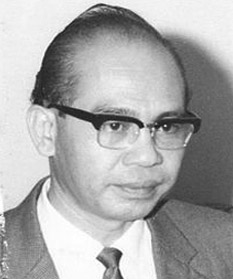
1. Datuk Stephen Kalong Ningkan (1963-1966)
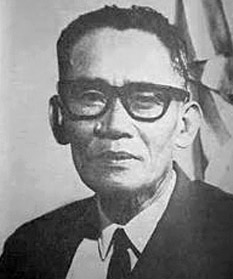
2. Datuk Penghulu Tawi Sli (1966-1970)
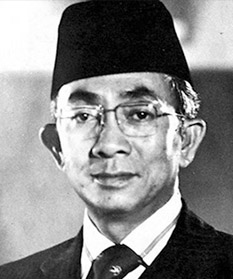
3. Tun Datuk Patinggi Abdul Rahman Ya'kub (1970-1981)
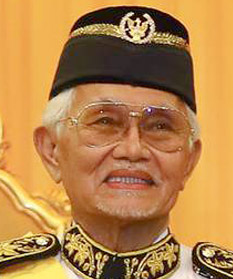
4. Pehin Sri Haji Abdul Taib Mahmud (1981-2014)
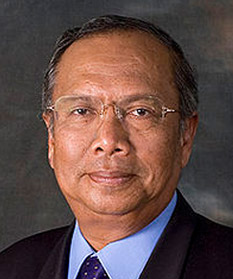
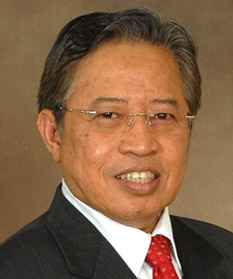
6. YAB Datuk Patinggi (Dr) Abang Haji Abdul Rahman Zohari Bin Tun Datuk Abang Haji Openg (2017 - present)
Yang di-Pertua Negeri
Sarawak has a Head of State or Yang di-Pertua Negeri or The Governor. He acts on the advice of the Chief Minister. The members of the State Cabinet or members of the Supreme Council are Cabinet Ministers.
The Astana is the office and Official Residence of the Yang di-Pertua Negeri.
List of Yang di-Pertua Negeri Sarawak
- Tun Datuk Abang Haji Openg Bin Abang Sapiee (1963-1969)
- Tun Datuk Patinggi Tuanku Haji Bujang Bin Tuanku Osman (1969-1977)
- Tun Datuk Patinggi Abang Haji Muhammad Salahuddin (1977-1981)
- Tun Datuk Patinggi Haji Abdul Rahman Ya'kub (1981-1985)
- Tun Datuk Patinggi Haji Ahmad Zaidi Adruce Muhammed Noor (1985-2001)
- Tun Datuk Patinggi Abang Haji Muhammad Salahuddin (2001- 2014)
- Pehin Sri Haji Abdul Taib Mahmud (2014 - Now)
The Judiciary
The Judiciary in Sarawak comprises of the High, Session & Juvenile Courts, the Sarawak Syariah Judicial Department, and the Native Court. Sarawak’s Judiciary is headed by the Chief Judge of Sabah and Sarawak. He oversees the administration and working of all the various courts.
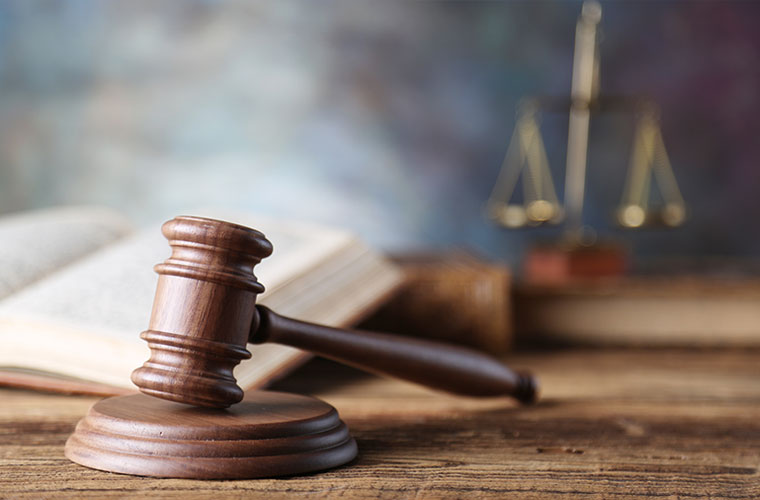
High Court
Criminal Cases
Generally, the High Court has the jurisdiction to hear cases which carry the death penalty
Civil Cases
Generally, the High Court has the jurisdiction to hear cases which carry the death penalty
The High Court has the jurisdiction to hear civil cases in respect of :divorce and matrimonial causes; admiralty;
a) Bankruptcy and company cases;
b) Appointment and control of guardians of infants and their property;
c) Appointment and control of guardians of disabled persons and their estate; and
d) Grant of probates of wills and letters of administration.
Sessions Court
Criminal Cases
The Sessions Court has the jurisdiction to try all offences other than offences punishable with death.
Civil Cases
The Sessions Court has unlimited jurisdiction to hear:
a) running down cases, landlord and tenant, and distress;
b) to try other suits where the amount in dispute does not exceed RM250,000; and
c) with the consent of the parties involved, to try cases exceeding RM250,000 but the award is limited to the statutory limit of RM250,000 only.
Magistrates' Court
Criminal Cases
A First Class Magistrate Court has the jurisdiction to try all offences where the maximum term of imprisonment provided by law does not exceed 10 years or which are punishable with fine only or cases involving robbery and housebreaking by night.
Generally, a First Class Magistrate may pass any sentence allowed by law not exceeding 5 years imprisonment; a fine of RM10,000; whipping up to 12 strokes; or any sentence combining any of the sentences aforesaid.
However, in some cases such as under the Dangerous Drugs Act 1952 and Betting Act 1953 the Magistrate may impose a fine higher than RM10,000.
Civil Cases
A First Class Magistrate Court has the jurisdiction to try all actions and suits of a civil nature where the amount in dispute does not exceed RM25,000.
» Visit the official website of the High Court in Sabah and Sarawak for more information
The Syariah Court
The Syariah Court which came under the Sarawak Islamic Religious Department, was established as a separate department in 1991. The Syariah Courts has jurisdiction over matters of state Islamic law. Its objective is to hear and decide on civil cases involving divorce and matrimony, civil and property claims, guardianship of infants and, inheritance.
The Native Court
The Native Court administers the Native Courts System and enforces Native Customs (Adat). The Native Courts Rules (1993) provides valuable standard guidelines as to the mode of instituting proceedings and the manner in which cases should be dealt with.
Sarawak’s Native Courts headquarters is based at Sri Muhibah, Jalan Taman Budaya, Kuching. A Chief Registrar who is the Chief administrator of Native Courts supervises all Registrars, who are District Officers and Sarawak Administrative Officers in charge of sub-districts.
Legislative
The legislative branch of the Sarawak Government passes all State laws and oversees the policies and expenditure of the executive branch. The Sarawak State Legislative Assembly, or Dewan Undangan Negeri (DUN), consists of 71 State assemblymen headed by Yang di-Pertua Negeri. Its administration is run as the State Civil Service, headed by a State Secretary. The Legislative Assembly is vested with the power to make laws that do not come under the purview of the Federal Parliament. The Legislative Assembly is a symbol of State sovereignty within the Federation of Malaysia and upholds the values and principles of democracy and the constitution.
Executive
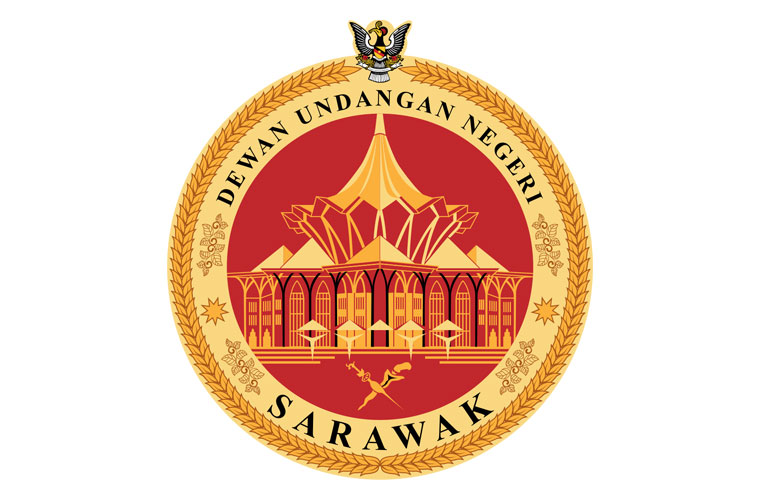
With the Chief Minister as head, the executive branch of the DUN (Sarawak’s State Legislative Assembly) plans, executes and administers all policies and projects. The Chief Minister is assisted by a Cabinet of State Ministers and State government agencies. Sarawak currently has 13 State Government Ministries. Each State Cabinet Minister, who may have more than one portfolio, assistant minister(s) and a Permanent Secretary who acts as a Ministry’s administrative head.
Sarawak Civil Service
Vision
A WORLD CLASS CIVIL SERVICE
Mission
Our mission is to deliver excellent service through high performance teamwork
Common Shared Values
- Integrity
- Kind and Caring
- Professionalism
- Sense of Urgency and Ownership
- Team Spirit
- Result-Oriented
State Secretary
Sarawak State Secretary Office,
Level 20 , Wisma Bapa Malaysia
Petra Jaya, 93502 Kuching
Tel :082-441957
Fax :082-441677
Email: 555999@sarawak.gov.my
Copyright © 2018-2024 Sarawak Government. All rights reserved
Disclaimer: The Government of Sarawak shall not be liable for any loss or damage caused by the usage of any information obtained from this portal. Services provided through this portal are subject to the terms and conditions of the respective providers
Best viewed with latest Firefox and latest Google Chrome in 1024 x 768 screen resolution.
No. of visitors 10678194


